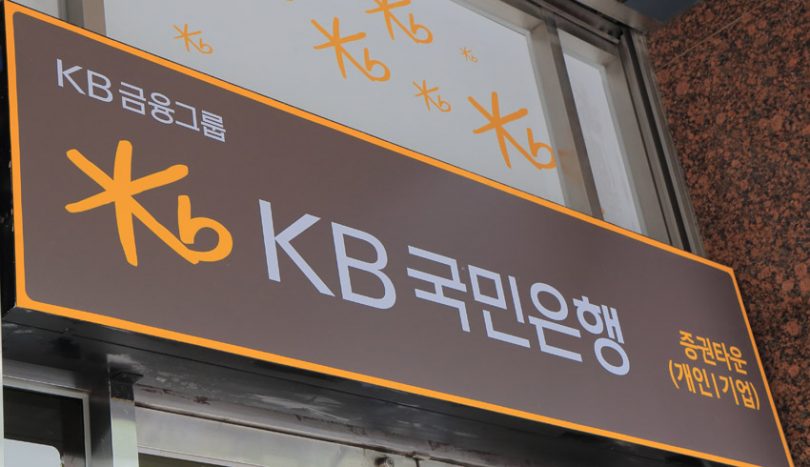South Korea’s largest bank by asset value, Kookmin Bank, will introduce a digital asset custodial service within a year, according to DDaily. This comes after blockchain firm Hashed announced its partnership with Kookmin Bank in August to accelerate the market for digital assets in South Korea.
Kookmin Bank applied for the trademark ‘KBDAC’ (Digital Asset Custody) in January this year, demonstrating the bank’s early intentions for digital asset custody services.
At the recent D.FINE conference, Kookmin Bank’s Head of IT Technology Innovation Center, Cho Jin-Seok, confirmed that it’s possible the service will launch within the year. However, there are difficulties doing so as a bank. These comments have led to speculation that the bank will launch the service through a joint venture with a digital asset firm.
Update: A few days later it was announced that KB Kookmin Bank had formed a joint venture, KODA (Korea digital assets), with Hashed and Haechi Labs. The latter is a cryptocurrency wallet API business and smart contract auditing service. Haechi Labs’ CEO is the first KODA CEO. The initial KODA services are custody, anti money laundering and OTC trading which will be provided by Cumberland Korea, a division of DRW. But future plans include digital asset deposits, lending and payments. Services are expected to go live at the end of March 2021.
Kookmin Bank has been looking at blockchain companies to help with the technical side of the service. The bank has signed business agreements with four blockchain companies: Atomix Lab in June 2019, and Cumberland Korea, Haechi Labs, and Hashed in August this year.
Other Korean Banks, such as Nonghyup Bank and Shinhan Bank, are also beginning digital asset custody projects, although it’s expected that KB Kookmin Bank will be the first to launch such a service. In June this year, Nonghyup Bank established a consortium with blockchain firm Hexlant and one of South Korea’s biggest law firms, Pacific Law. At the same time, the bank announced its intentions for a digital asset custody business. On the other hand, Shinhan Bank is considering a joint venture with virtual asset exchange Kobit to establish their own digital asset custody business.
Banks across the world have been looking at offering digital asset custody services initiatives. The Office of the Comptroller of the Currency (OCC), a U.S. Treasury branch, announced banks are allowed to provide custody services for virtual assets.
In February this year, 40 German Banks approached regulator BaFin expressing an interest in the digital asset business. This came soon after Germany passed a law implementing the EU Money Laundering Directive into its Banking Act, which covers the custody of virtual assets. After the legislation came into force on January 1st, Boerse Stuttgart Group announced its subsidiary blocknox plans to offer digital asset and cryptocurrency custody services to institutional investors.
Update: the article was updated with the paragraph about the joint venture announced.






